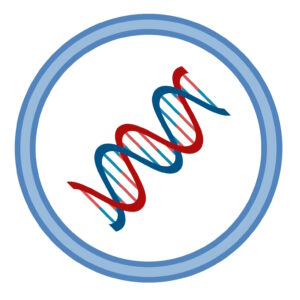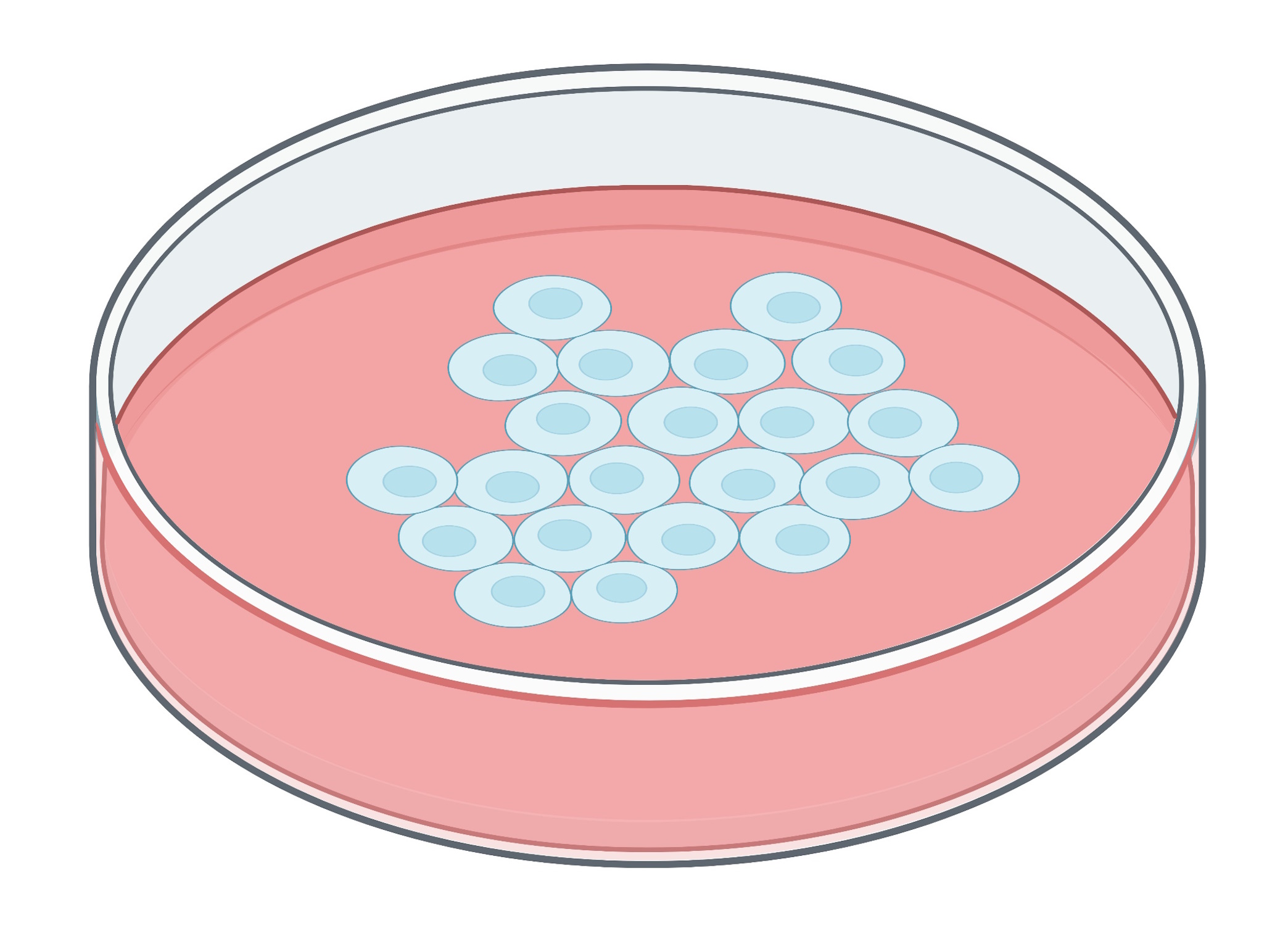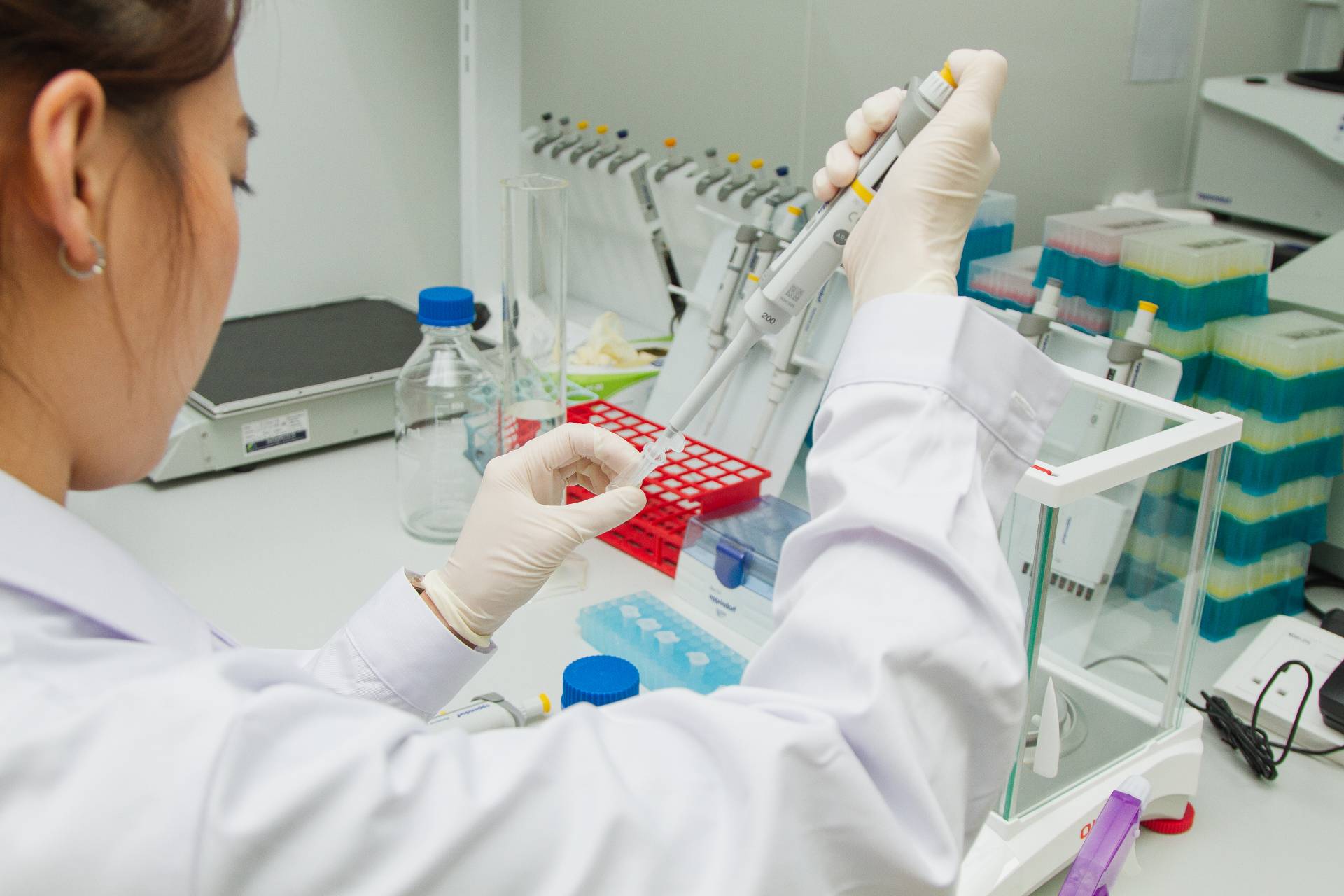What are iPSCs and Why?
Induced Pluripotent Stem Cells (iPSCs) are unique cells with the ability to self-renew indefinitely and be turned into any desired cell type in the body in the lab. Human iPSCs have similar properties to human embryonic stem cells (ESCs), which are cells derived from the embryo that eventually multiply and give rise to all cells in the human body.
The groundbreaking, Nobel Prize-winning technology to generate iPSCs was originally developed by Professor Shinya Yamanaka in 2012. This technology involves the reprogramming of primary cells (such as blood or skin cells), which is a process that reverts mature cells to cells with pluripotent (immature) stem-like properties.
Human iPSC cell banks can be generated from every unique individual, to provide unlimited source material for making any cell or tissue of interest through a process called directed differentiation.
Human iPSCs have been developed into pancreatic islet cells, neurons, cardiac cells, liver cells and a variety of immune cells in the lab. These cells have wide-ranging applications in biological discovery, drug discovery and screening, and regenerative medicine.
Applications of iPSC Technology


Biological Discovery
Human iPSC-derived cells can be used as a human cell model to study how certain genes and proteins work to control cellular function. This has immense and long-term value in advancing the understanding of human development and biology.
These cells can also be used to investigate the pathways that go wrong in the case of disease or stress. For instance, pancreatic beta cells derived from iPSCs can be used to study the underlying causes of diabetes development and progression, providing insights into mechanisms associated with diabetes that may in future be exploited for the development of new therapies.


Drug Discovery and Screening
As iPSCs can be derived from each healthy individual or patient, who has his/her own unique genetic make up, donor-specific iPSC-derived cells can be used for drug screening to test the effects of new or existing drugs on cell function.
The genetic profile of each individual can contribute to different disease phenotypes and even different responses to treatments. This paves the way for personalized medicine in the future, where every patient may be given a more precise diagnosis and recommended a more effective drug regimen to suit their needs



